42 self inflating balloon project
Self-Inflating Balloon Science Experiment - Lemon Lime Adventures How to do the Self-Inflating Balloon Experiment: To keep this scientific, add the same amount of inflation material into each bottle. We added about 3 tablespoons of hot water into one bottle, vinegar into another, and warm water into the third (for the yeast). We added 1 teaspoon of sugar along with half a yeast packet to the yeast bottle. OPERATION: Self-Inflating Balloon aka "Thermodynamics" - Project 22 Six Add 100ml of vinegar to the 500 mL plastic water bottle. Stretch your balloon out for about a minute so that it will inflate easily. Using the white plastic spoon, add 3 level teaspoons of baking soda to your balloon. (Use the funnel to avoid spilling)
Self Inflating Balloon Experiment - Forgetful Momma Self Inflating Balloon Yield: 1 Prep Time: 3 minutes Active Time: 2 minutes Total Time: 5 minutes Difficulty: Easy Estimated Cost: $1 Easy science experiment for kids using things you have in the kitchen. Materials 1/2 cup of vinegar 1/2 tsp of baking soda balloons water/pop bottle Tools funnel Instructions

Self inflating balloon project
Self-Inflating Balloons - Introduction/Focus Question Hello,my name is Vananthony Long.The objective of this science project is to start a chemical reaction to make the balloon inflate itself. Powered by Create your own unique website with customizable templates. What are self inflating balloons? - AdvertisingRow.com Self-Inflating Balloons contain two chemicals that are kept from reacting until the balloon is activated by hitting it. One of these chemicals is baking soda. In some cases the baking soda is mixed with a binder to form a small pellet. Besides, What is the meaning of inflatable globes? Inflatable means 'which can be filled […] Browse 6th Grade Science Projects | Education.com Self-Inflating Balloons. ... kids start a chemical reaction that will make a balloon inflate itself! 6th grade. ... This project explores whether there is an effect ...
Self inflating balloon project. Self Inflating Balloon - incrediblescience.com STEP 1: Take a balloon. Carefully stretch it out so that it will inflate easily. Be sure not to rip it in any way. STEP 2: Pour ¼ a cup of water into a bowl. STEP 3: Add one level teaspoon of baking soda and agitate (swirl) it until it is completely dissolved. Use the drinking straw to stir it if needed. STEP 4: Browse 8th Grade Science Projects | Education.com Self-Inflating Balloons. ... kids start a chemical reaction that will make a balloon inflate itself! 8th grade. ... This project explores whether there is an effect ... #WhatsInMyTray - Science Project - How to Make Self Inflating Balloons ... You will need:• 1 Gratnells shallow (F1) tray• 1 bottle of distilled malt or white vinegar (568ml)• 1 pot bicarbonate of soda (200g)• 1 packet multicoloured ... Self Inflating Valentine Balloon Experiment - Little Bins for Little Hands Use the funnel and teaspoon to add baking soda to the balloon. We started with 2 teaspoons and added a teaspoon for each balloon. Fill the container halfway with vinegar. When your balloons are all made attach to containers making sure you have a good seal! Lift up the balloon to dump baking soda into the container of vinegar.
Balloon Blow-up Science Experiment Gases expand rapidly because their particles move at high speeds in all directions. As the carbon dioxide gas fills the bottle, it has nowhere else to go so it ... Relaxation Worksheets & Handouts | Psychology Tools Self-esteem & self-criticism. ... Translation project. Translation project ... Breathing Exercise 2 uses the imagery of inflating a balloon to help the listener make ... Self-Inflating Balloons - 528 Words | Studymode The balloons are used to collect the carbon dioxide, which inflates the balloons. People of any age who have problems with blowing up balloons can do an easy, fun project that will inflate balloons right for them. This project can also be used for a fun experiment to do at home with an older sibling or guardian. Question Conclusion - Self-Inflating Balloons Self-Inflating Balloons. From what I have seen,my hypothesis is right.The balloon expanded and got bigger.I learned that the vinegar and baking soda turns into carbonic acid.The carbonic acid is unstable and decomposes to become carbon dioxide and water.Since the carbon dioxide is less dense,it stretches the balloon.
Create Flammable Gas with Biomass | Science Project Secure the balloon at the mouth of the soda bottle with a couple strips of heavy duty, clear shipping tape. Make sure that the entire opening of the balloon is completely sealed around the mouth of the bottle. Do not adjust the shipping tape once you have put it on the balloon because this can rip the balloon. Self-Inflating Balloons | Science project | Education.com Water bottle Vinegar Small balloon Funnel Teaspoon of baking soda Experimental Procedure: Put the water bottle where it will stand upright securely, or have a partner hold it. Fill it halfway with vinegar. Give the balloon a good stretching, like you would if you were about to blow it up. Use the funnel to put the baking soda inside the balloon. Self-Inflating Balloon Science Experiment - The Dr. Oz Show The secret lies with vinegar and baking soda, two household staples that, when combined, create carbonic acid. Carbonic acid breaks down into water and carbon dioxide. This experiment uses the carbon dioxide to fill the balloon, giving the illusion that the balloon is self-inflating. Follow these simple steps to see it happen! Supplies Water bottle Baking Soda and Vinegar Balloon Experiment | Science project ... Using the funnel, add the baking soda to each balloon (two people may be needed for this; one person to hold the balloon open and the other person to put the baking soda inside of the balloon). Pour the vinegar into the bottle. Carefully fit the balloon over the bottle opening (be careful not to drop the baking soda into the vinegar yet).
Self-Inflating Balloons | Science project - Education.com Experimental Procedure: · Put the water bottle where it will stand upright securely, or have a partner hold it. · Give the balloon a good stretching, like you ...
Self Inflating Balloon - when the kids are bored a rainy day project or ... Self Inflating Balloon When the weekends become boring, head into the kitchen with your kids to experiment with some fun and easy science projects. With just a few ingredients, you will watch this balloon inflate by itself! Fun Family Crafts 22k followers More information
Self-Inflating Balloon Science Experiment - A Dab of Glue Will Do Fill one bottle with 5 tablespoons of hot water. Add the "water" balloon to the top. Fill another bottle with 5 tablespoons of hot water. Drop in an alka-seltzer tablet and cover with the "alka-seltzer" balloon. Add 5 tablespoons of vinegar to the third bottle. Drop in two tablespoons of baking soda and quickly add the "baking soda" balloon.
Self Inflating Balloon Science Experiment: An Easy Science Project To ... First, using the funnel, pour all the baking soda in the balloon. Then put the balloon aside and pour the vinegar into the small bottle using the same funnel. Next, carefully fit the balloon into the bottle opening. Make sure the baking soda doesn't fall in while you're doing this. And most importantly, make sure the balloon is tight and secure.
Make A Self-Inflating Balloon - Science Experiment make a balloon self-inflate - science experiment. White vinegar. Step 1: Measure out half a cup of white vinegar. Step 2: Pour half a cup of vinegar inside the water bottle. Make sure you don't spill any or you'll be in for a mess! Step 3: Either get a funnel or improvise one out of paper like me. Once you've done that pour the bi-carb soda ...
Self-Inflating Balloon Experiment - Jillians World Therefore, this is a great project for scientists of all ages to perform repeatedly! The Experiment . To begin the experiment, first add about ¼ cup of vinegar to an 8 to 12 ounce bottle with a narrow opening. Refrain from adding too much vinegar, as this will cause the reaction to fizz up into the balloon. ... Self-Inflating Balloon ...
Cool self-inflating balloons experiment for Halloween Step 1: Use the marker to draw a ghost face on a balloon Tip: draw the face so the neck of the balloon is below the mouth - otherwise your ghost will be upside down when it inflates! Step 2: Add baking soda to the balloon It's easier if you use a funnel. If you don't have one, you can do without, or make a paper one - it's just a bit messier.
Self-Inflating Balloon Experiment - YouTube Oct 12, 2020 ... Self-Inflating Balloon Experiment ... Learn how to release stored energy in this Schools workshop. Featured playlist. 12 videos.
Baking Soda and Vinegar Balloon Experiment - Little Bins for Little Hands EXPERIMENT SET UP: Step 1. Blow up the balloon a bit to stretch it out some and use the funnel and teaspoon to add baking soda to the balloon. We started with 2 teaspoons and added a teaspoon for each balloon. Step 2. Fill the container with vinegar half way. Step 3.
Science Story Time Experiment: Self-Inflating Balloon Add your liquid (about 1/4 cup of vinegar) to empty water bottle. Using the funnel, put your solid (about 1 teaspoon of baking soda) into the balloon. Carefully attach the lip of the balloon to the top of the water bottle. Make sure you leave the bulk of the balloon holding the baking soda hanging down so it doesn't fall into the water bottle!
Problem & Hypothesis - Self-Inflating Balloons - Google Problem & Hypothesis. Which mixture of liquids will help inflate the balloon most? If vinegar and baking-soda, a carbonated drink with salt, and tomato juice with lemon juice are each in individual bottles with a balloon over the mouth, then the carbonated drink with salt will blow up the balloon the most because the fizziness in the carbonated ...
Self Inflating Balloon Experiment - Mess for Less latex balloon 1 liter plastic bottle funnel 1 teaspoon baking soda 3 tablespoons of vinegar How to make a self inflating balloon Clean a 1 liter bottle and let dry. Using a funnel, add 1 teaspoon of baking soda to the bottle. Place the small end of the funnel into the opening of the balloon. Hold carefully and pour the vinegar into the balloon.
Top 10 Science Experiments to Try at Home - Owlcation Jul 27, 2022 · 10. Self-Inflating Balloon. Combine biology and physics to blow up a balloon with the power of yeast! You will need: A used washed fizzy drinks bottle (lid not required) Latex balloon (thinner the better) Elastic band; Measuring Jug; Yeast; Sugar; Water; What to Do: Place 2 teaspoons of yeast, 1 teaspoon of sugar and 1 cup of water into the ...
Self-Inflating Balloons - Educational Innovations, Inc. Students can use Self-Inflating Balloons to plan and conduct an investigation to describe and classify different kinds of materials by their observable properties. Two Self-Inflating Balloons allow students to make observations, make a claim and revise ideas based on new observations of the second balloon.
How do you inflate a self inflating balloon? [Solved] (2022) How do you inflate a self inflating balloon? Carefully squeeze the packet (or press it against a hard surface like a table) until it bursts. That's all there is to it! In a few moments, the balloon will inflate completely. You need take no further action.... read more › How do you inflate a balloon science project?
Self Inflating Balloon: Baking Soda and Vinegar Balloon Experiment 1 Large Balloon White Vinegar Baking Soda Small Funnel Spoon TIP: Before starting the experiment, you will want to stretch out the balloon to make it more loose and easier to inflate. Step 1- Pour 1-2 spoonfuls of baking soda into the opening of the balloon, using a funnel. You'll need to shake it a bit to get it down into the base of the balloon.
Self Inflating Balloons - Science Project - KonnectHQ One of the benefits of making your own self-inflatable balloon is that it isn't using helium. Helium balloons carry into the atmosphere at a much higher rate and when you lose control of them they eventually burst and land back on the ground. It isn't just a pollution aspect, it also harms wildlife as birds try to eat them.
Lighting Equipment for Rent - United Rentals Diffuser Balloon Light With Stand, 400W. Single 400 watt lamp (34,000 lumens) 360-degree glare-free lighting; Air-assist mast-lowering system protects light bulb; Quick and easy setup; balloon inflates in less than 30 seconds; Add this diffuser balloon light with stand to your cart
How to Make a Self-Inflating Balloon | Simple Science Experiments ... Feb 18, 2022 ... In this simple science experiments video, we go over how to make a self-inflating balloon using just a bottle, bicarbonate of soda, ...
This Self Inflating Balloon Experiment Is Awesome | Kidadl Balloons. An empty, 1-litre plastic bottle. A funnel. Baking soda. Vinegar. Method: Image © Teach Beside Me 1. Make sure your plastic bottle is clean and dry. 2. Get kids to measure out one teaspoon of baking soda and using the funnel add it to the bottom of the bottle. Give your measuring spoon and funnel a quick clean. 3.
Top 5 Medical Technology Innovations - ASME Mar 11, 2013 · The valve material is made of bovine tissue attached to a stainless-steel stent, which is expanded by inflating a small balloon when correctly placed in the valve space. A simpler procedure that promises dramatically shorter hospitalizations is bound to have a positive effect on the cost of care.
How to do the Self Inflating Balloon Trick - YouTube Bring it out and quickly put a balloon over t... This is a simple and fun trick. Simply place an empty plastic drink bottle in the freezer. Leave for 5 minutes. Bring it out and quickly put a ...
Browse 6th Grade Science Projects | Education.com Self-Inflating Balloons. ... kids start a chemical reaction that will make a balloon inflate itself! 6th grade. ... This project explores whether there is an effect ...
What are self inflating balloons? - AdvertisingRow.com Self-Inflating Balloons contain two chemicals that are kept from reacting until the balloon is activated by hitting it. One of these chemicals is baking soda. In some cases the baking soda is mixed with a binder to form a small pellet. Besides, What is the meaning of inflatable globes? Inflatable means 'which can be filled […]
Self-Inflating Balloons - Introduction/Focus Question Hello,my name is Vananthony Long.The objective of this science project is to start a chemical reaction to make the balloon inflate itself. Powered by Create your own unique website with customizable templates.


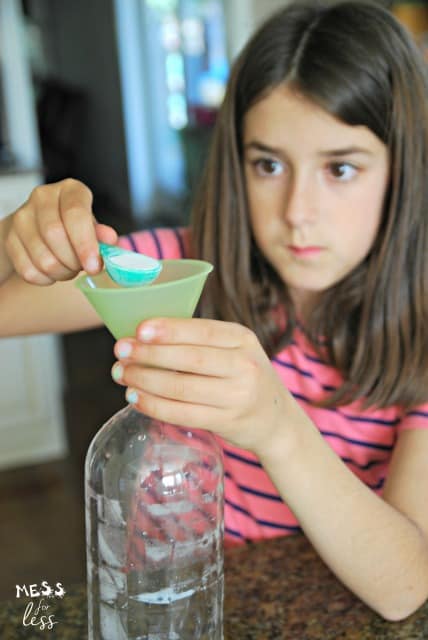
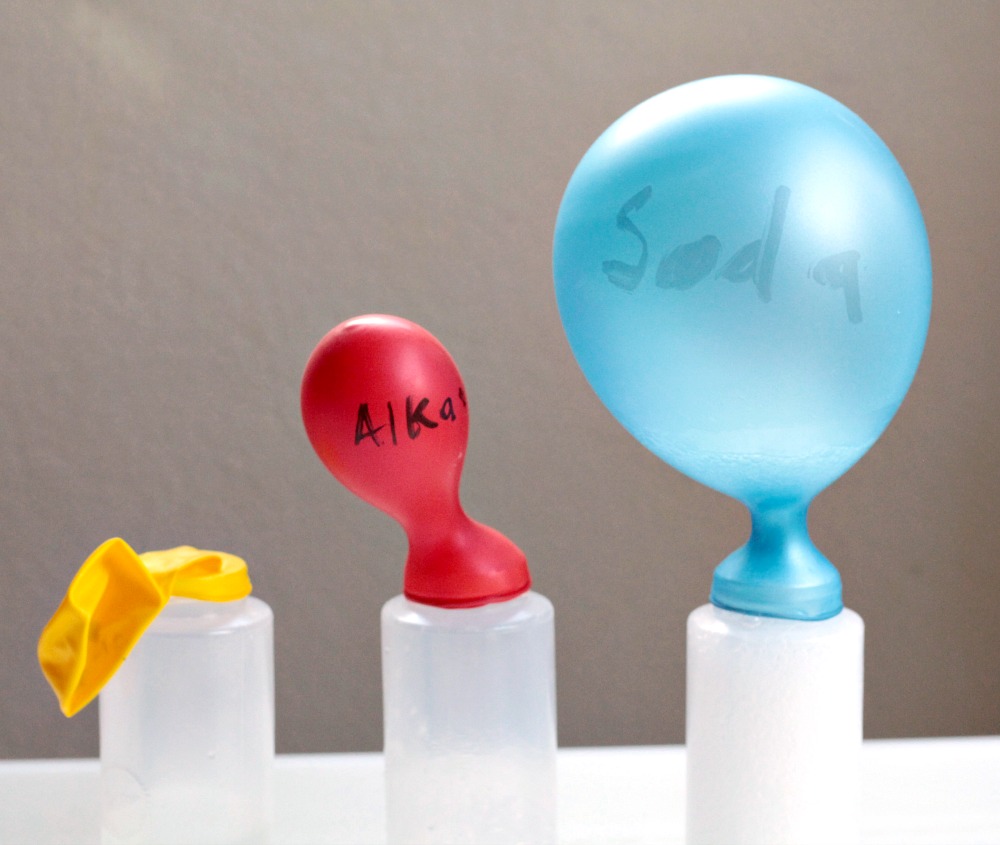

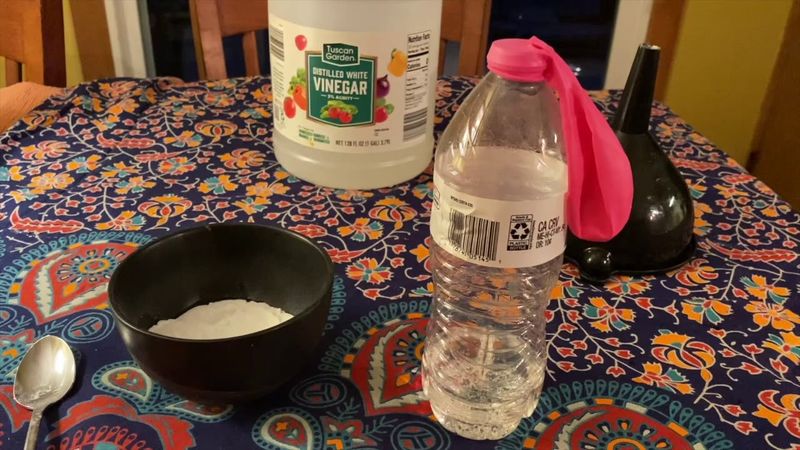
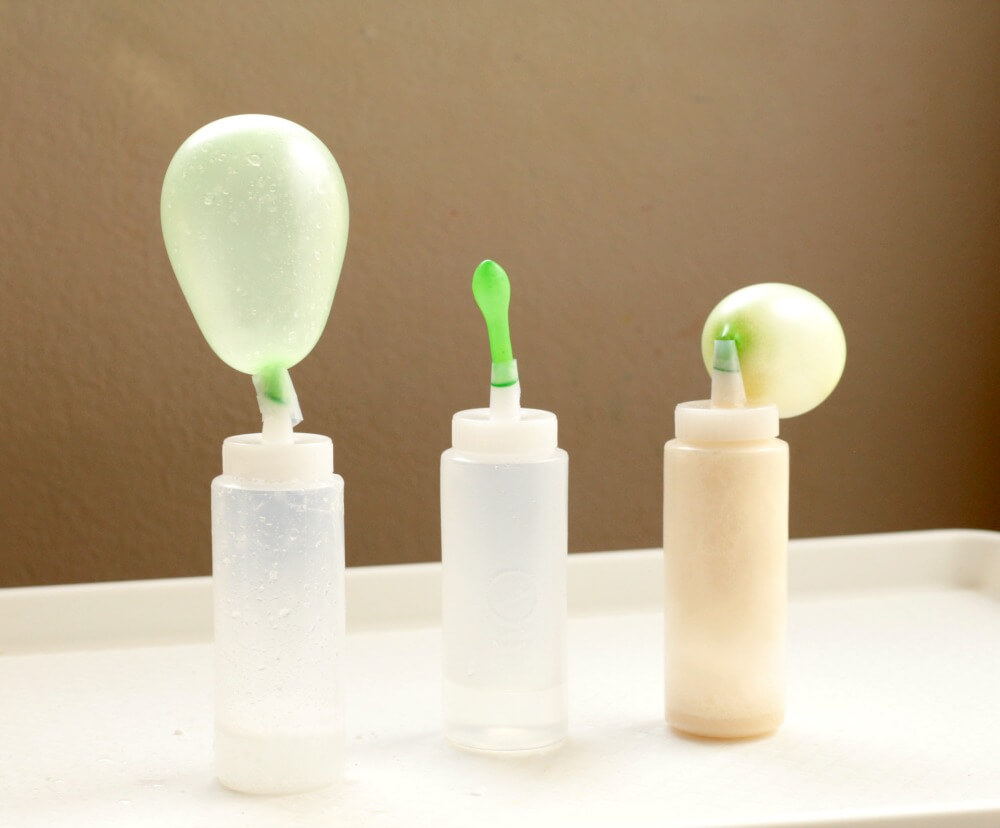
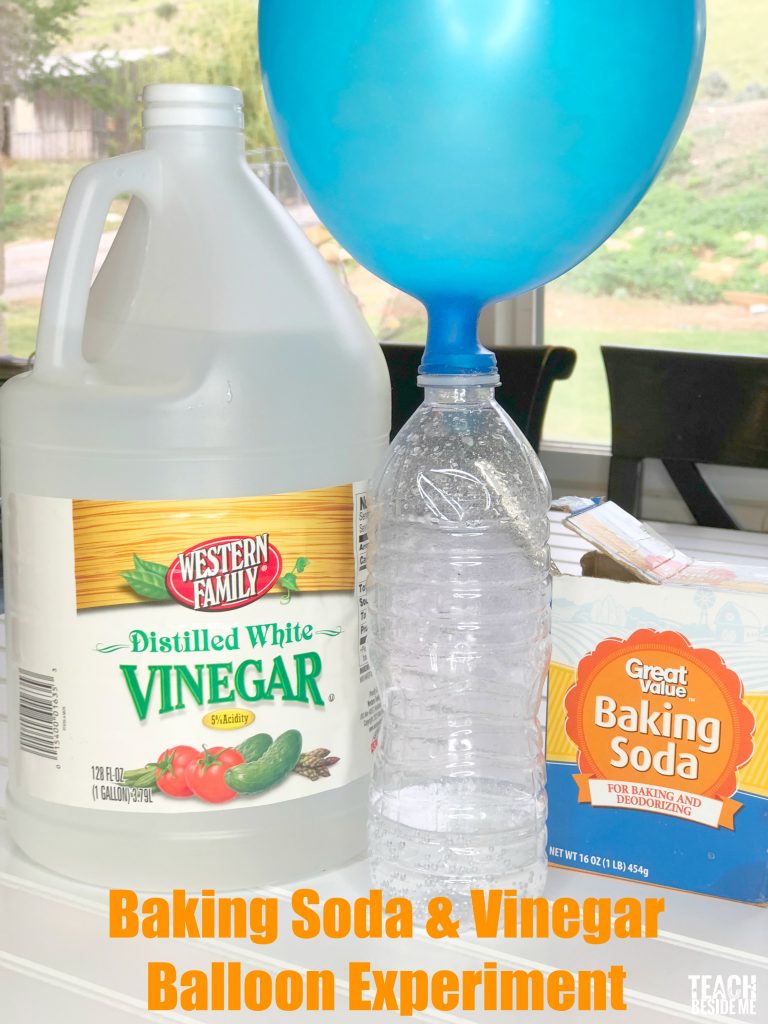


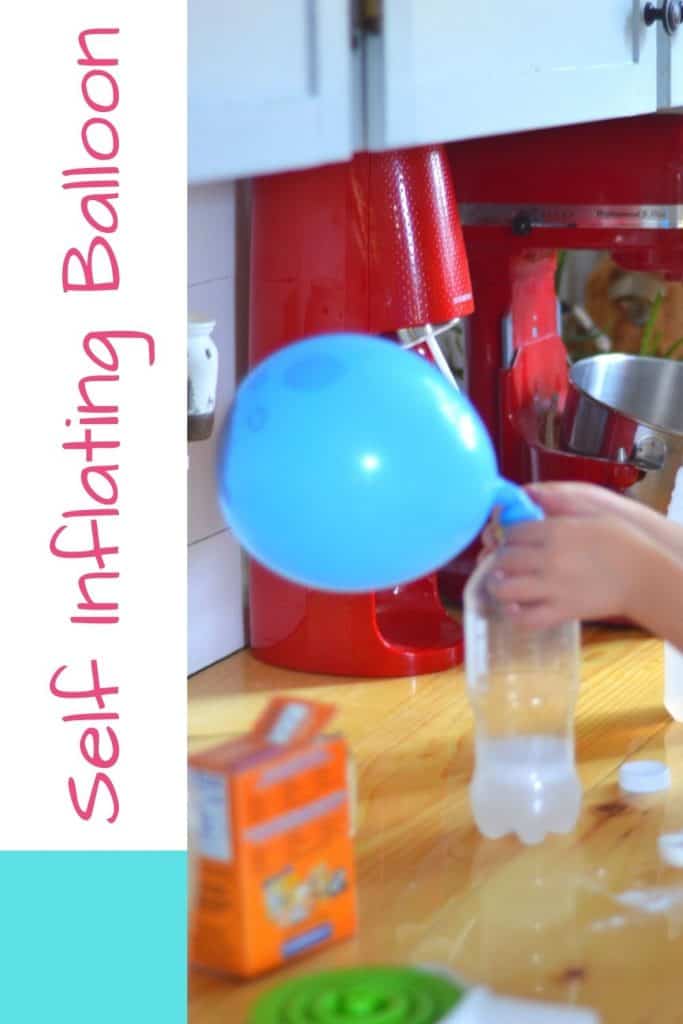


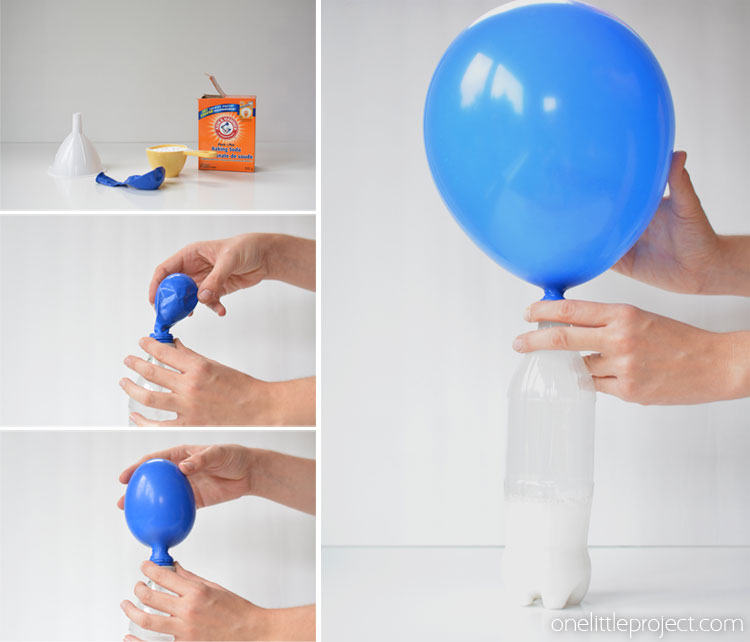



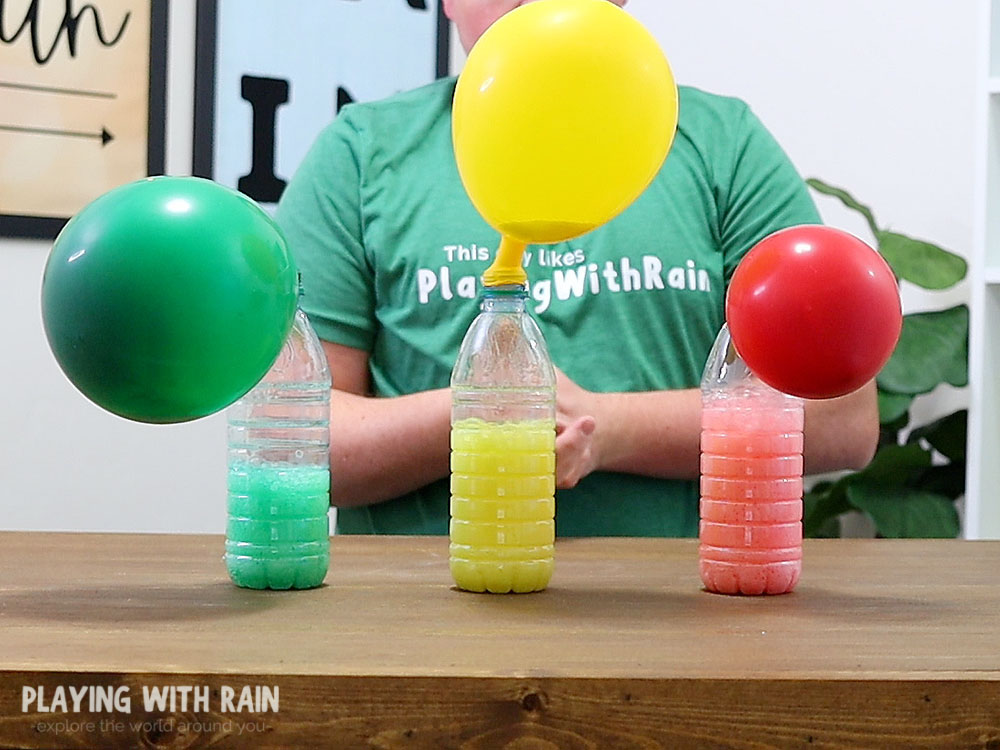





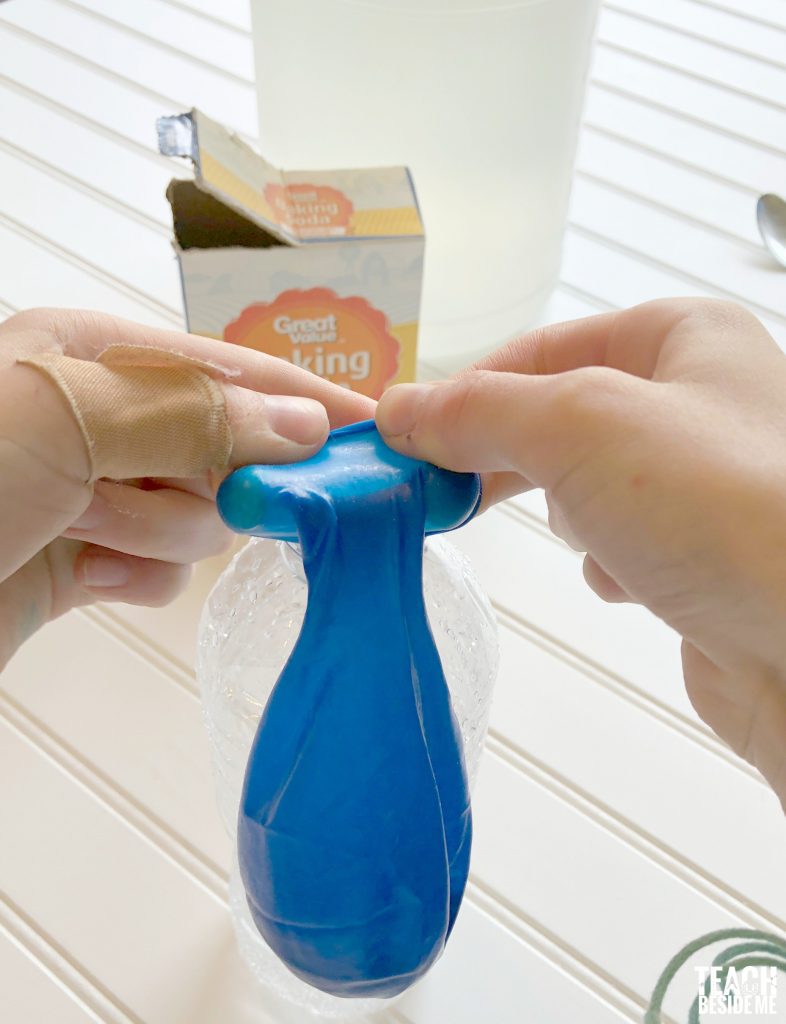
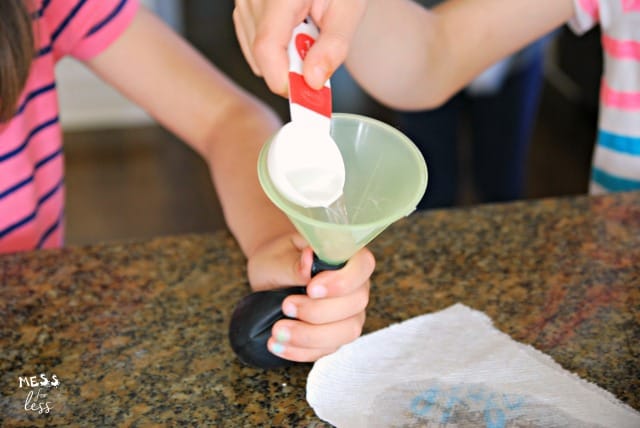


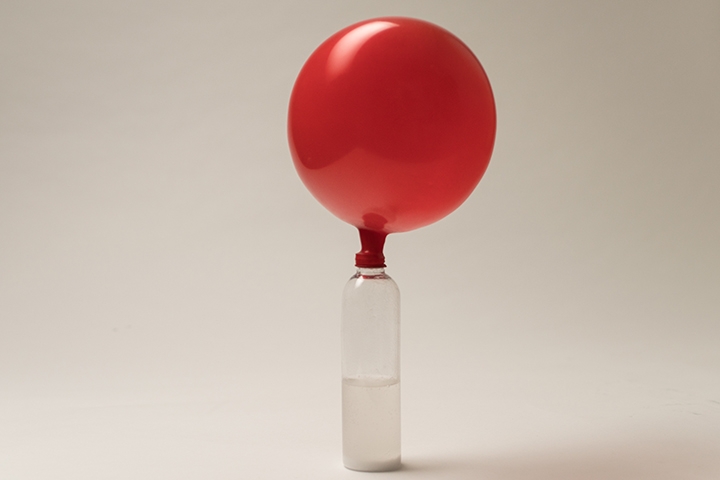
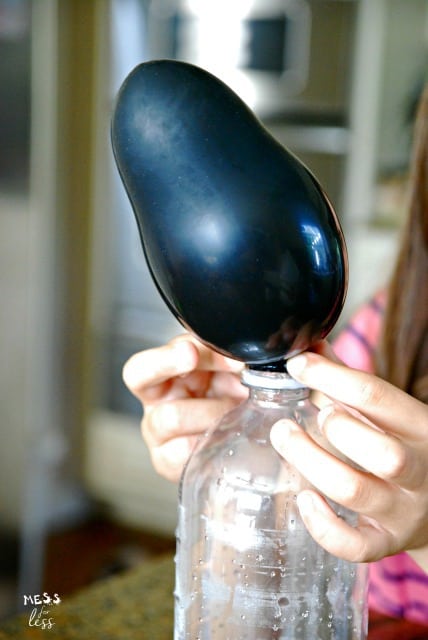


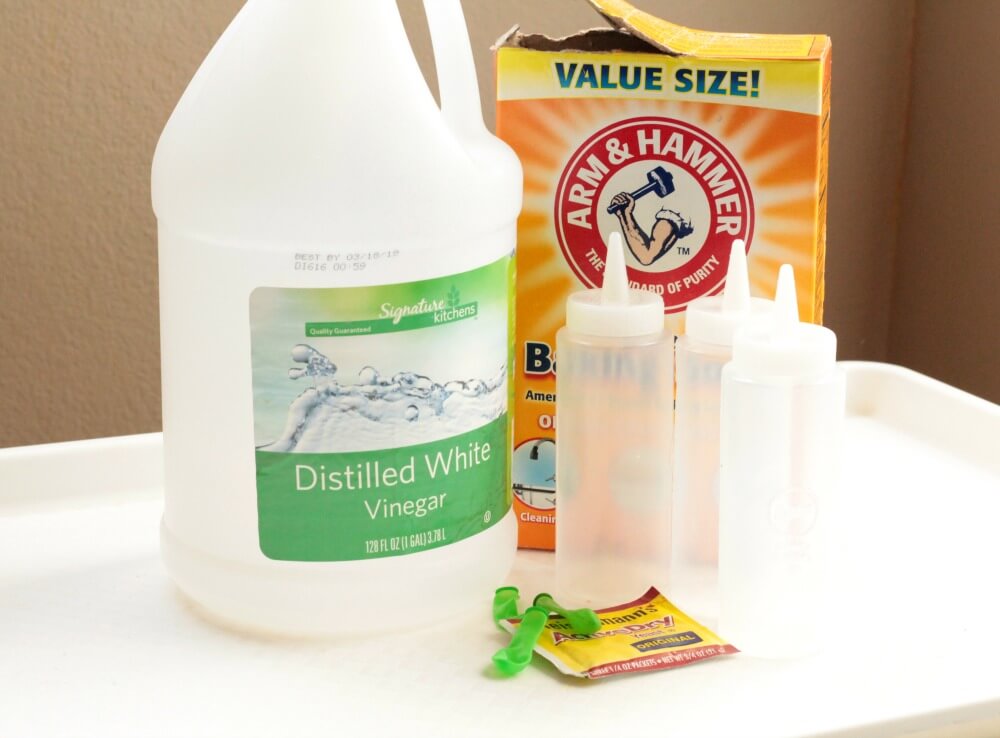


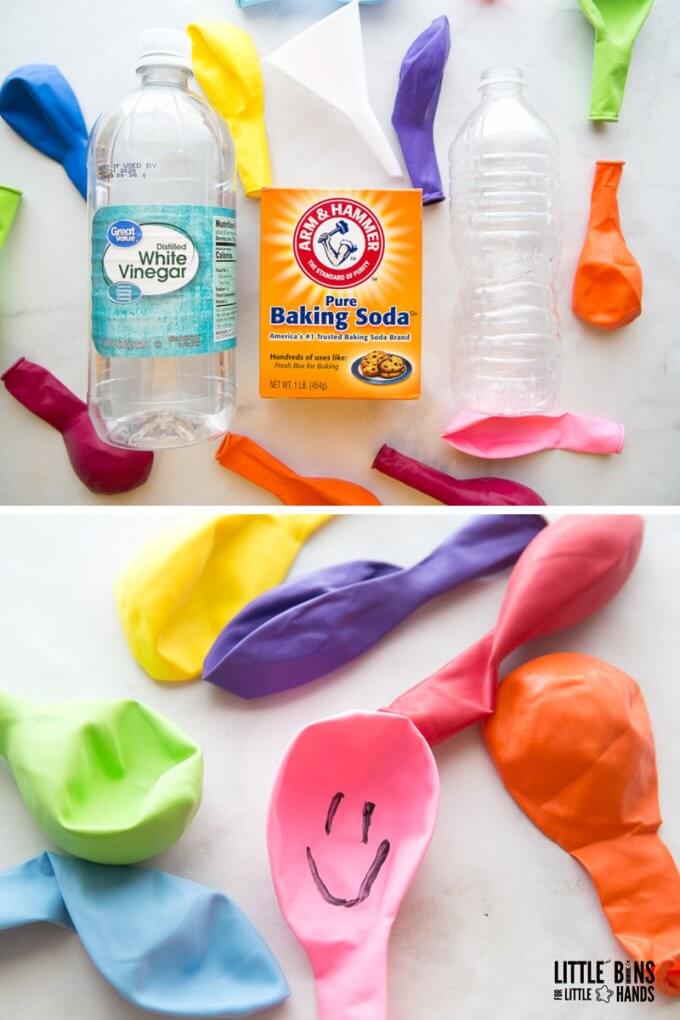
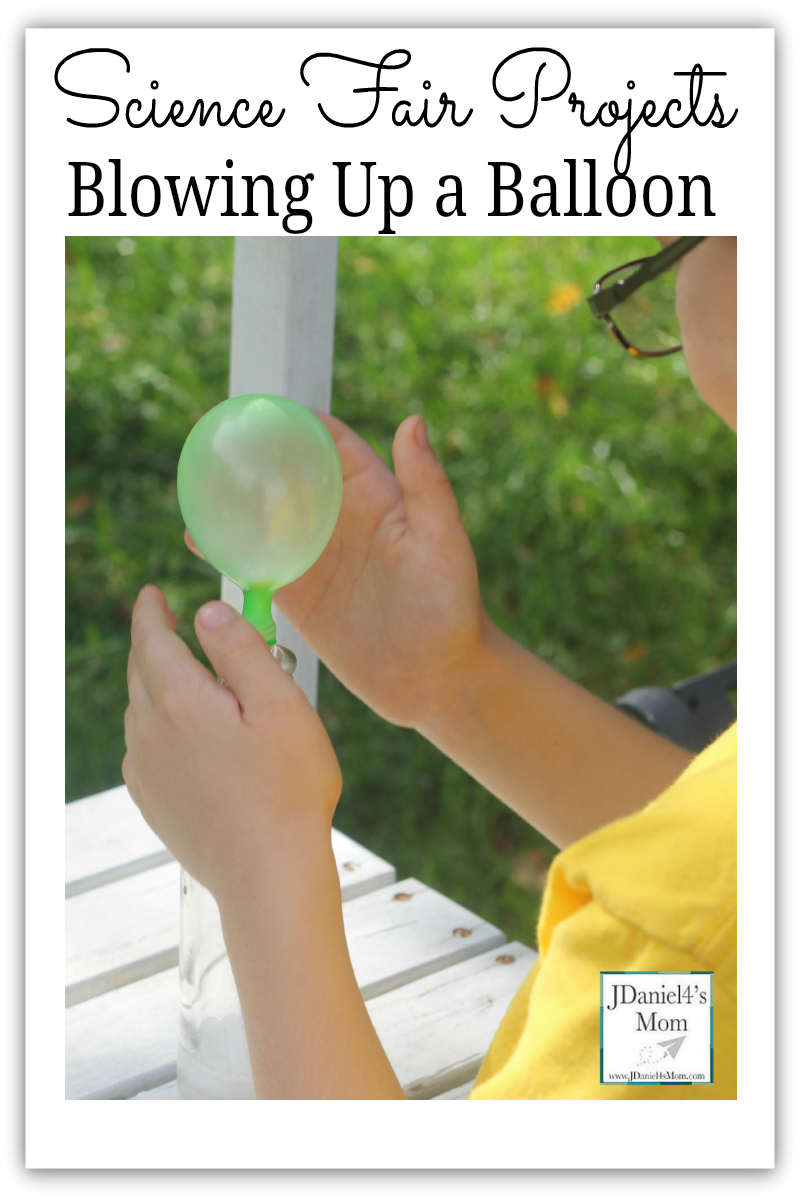
0 Response to "42 self inflating balloon project"
Post a Comment